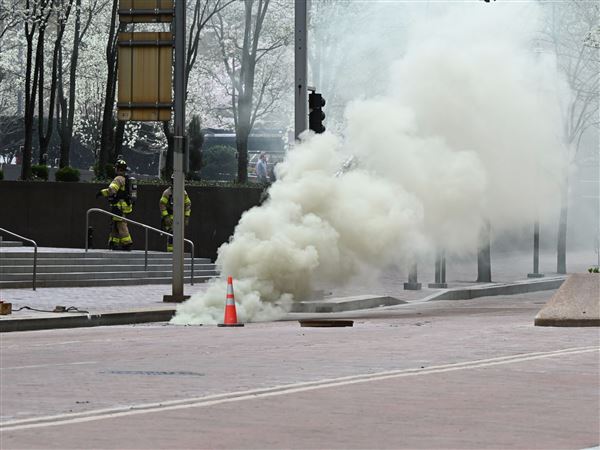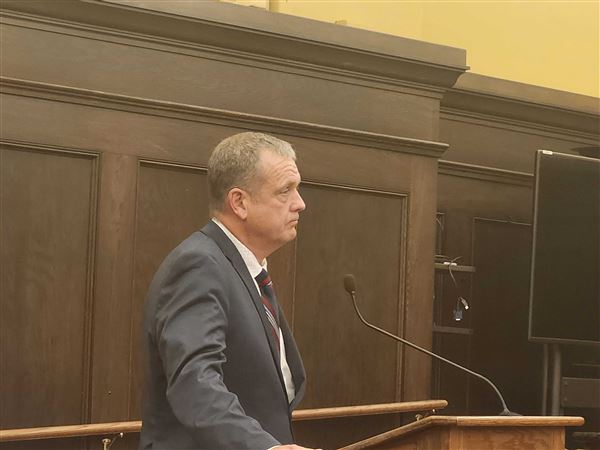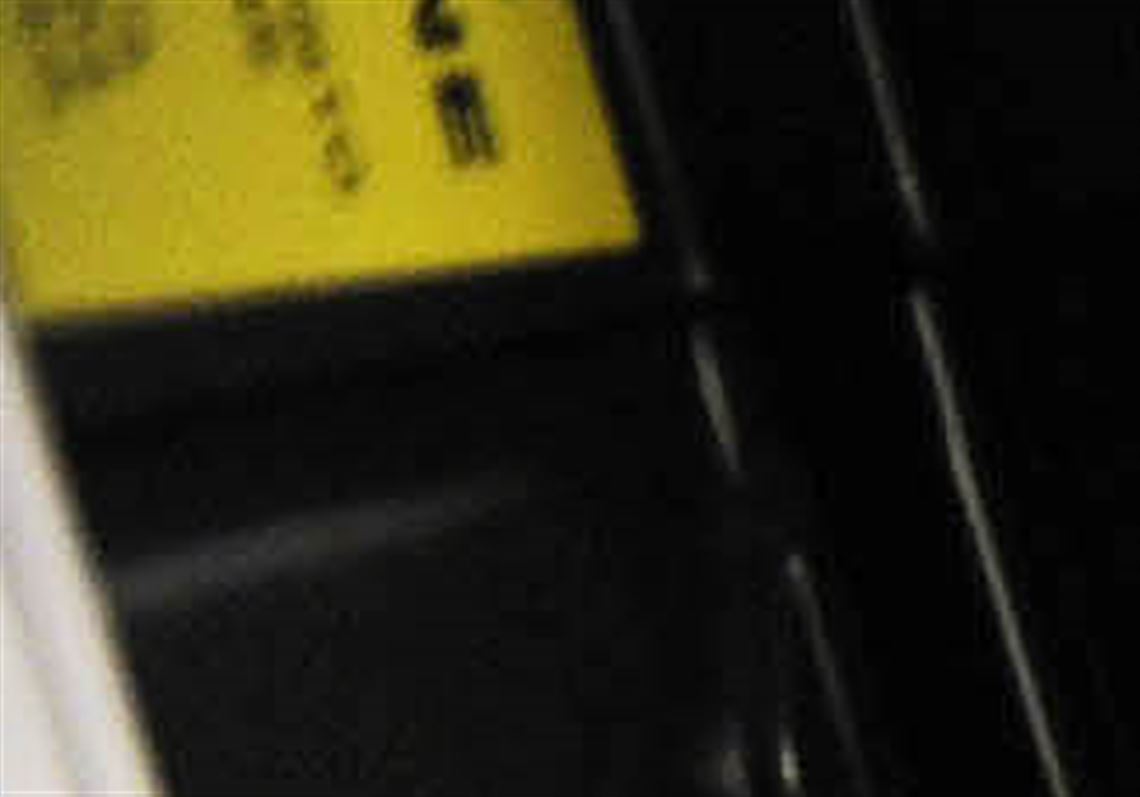Amid rising concerns about the integrity of U.S. elections and their vulnerability to hackers, Pennsylvania Secretary of State Pedro A. Cortes today pledged that the state was taking advantage of federal help to gauge the threat in a key swing state.
“In recent weeks, there has been talk about vulnerabilities in the nation’s election infrastructure,” Mr. Cortes said in a statement. “Our election staff is working closely with federal and state experts to implement all available strategies to strengthen security.”
Aid from the Department of Homeland Security will include risk assessments to gauge the threat to Pennsylvania's election infrastructure.
“Our goal is to proactively take any steps possible to make sure that Pennsylvania’s statewide election infrastructure is as secure as possible,” said Marian K. Schneider, the deputy secretary of elections and administration, in the statement.
Today's release contradicted a report last Thursday by Nextgov, an online site that covers government technology news, which said Pennsylvania and Georgia were among key battleground states that “have declined an offer from the Homeland Security Department to scan voting systems for hackers ahead of the presidential elections.”
Without mentioning the original story, the statement today rebuts the Nextgov account, which was picked up by The Hill, a widely read online political journal. The original story appeared to base its claim on a boilerplate statement about Pennsylvania's internal election-integrity efforts: The statement did not appear to mention the state's response to federal assistance at all.
Nationwide, officials have become increasingly concerned about the vulnerability of election systems, in no small part because of an apparent hack of the Democratic National Committee by hackers tied to Russia. In mid-August, Homeland Security Secretary Jeh Johnson offered federal aid to states concerned about their vulnerability to attack.
While welcoming that help, today's statement also pointed to the Department of State's own efforts to prevent attacks on its systems. Ms. Schneider noted that the state has never allowed voting machines to be connected to the Internet, and the department said it would be reminding county officials about security measures i prior to the election.
There is no evidence that a U.S. election has ever been successfully hacked, and Nextgov reported that Homeland Security was not aware of any specific threat to do so this year.
But Pennsylvania has been of special concern to some computer-security experts, as the online politics journal Politico noted this month. That's because roughly two-thirds of its counties, including voter-rich Allegheny and Philadelphia, use touch-screen voting machines for which there is no paper ballot.
Unlike optical-scanning machines — in which voters indicate their preferences on a paper ballot they then feed into the machine — the paperless machines have no hard-copy record to check against the results reported by the computer.
“There are six or ten states that very heavily use paperless touch-screen machines” said Andrew Appel, a Princeton University professor who has studied voting machine vulnerabilities. “And of them, Pennsylvania is the biggest swing state.”
Several experts contacted by the Pittsburgh Post-Gazette generally praised Pennsylvania’s election staff, but they said the lack of a paper trail in many counties presented a real challenge should the election results be questioned.
“The hacking scenario is reasonably well protected against in 40 states, because they've abandoned the use of touch-screen machines or never used them in the first place,” Mr. Appel added. “After this election, it would be a good thing if Pennsylvania moved towards a more hack-resistant voting method.”
First Published: August 30, 2016, 5:59 p.m.


















